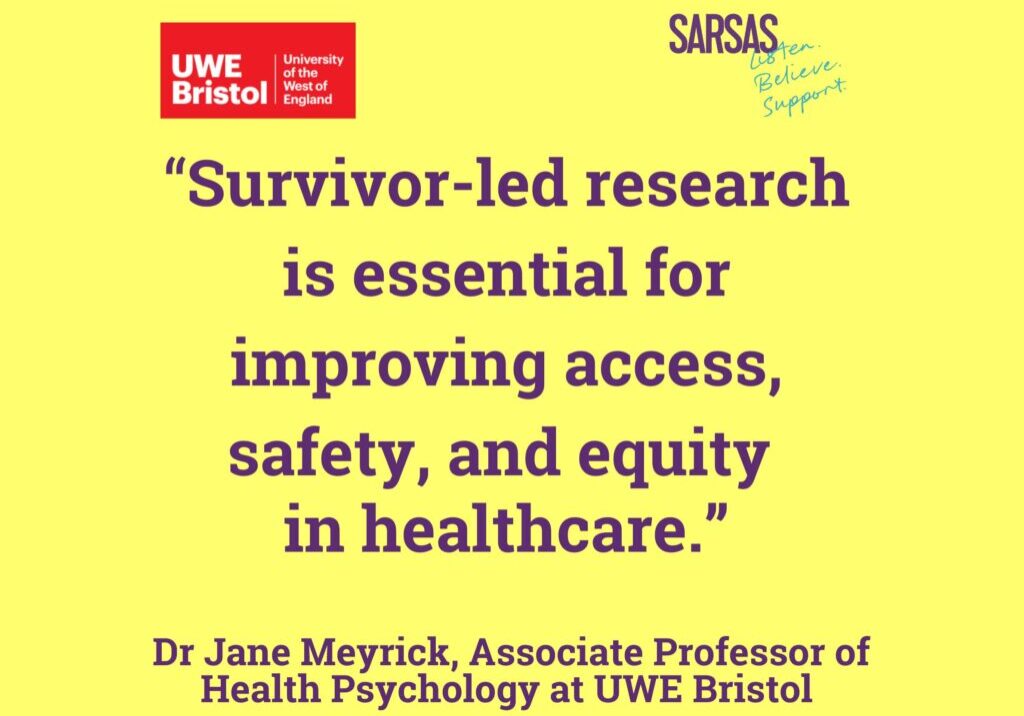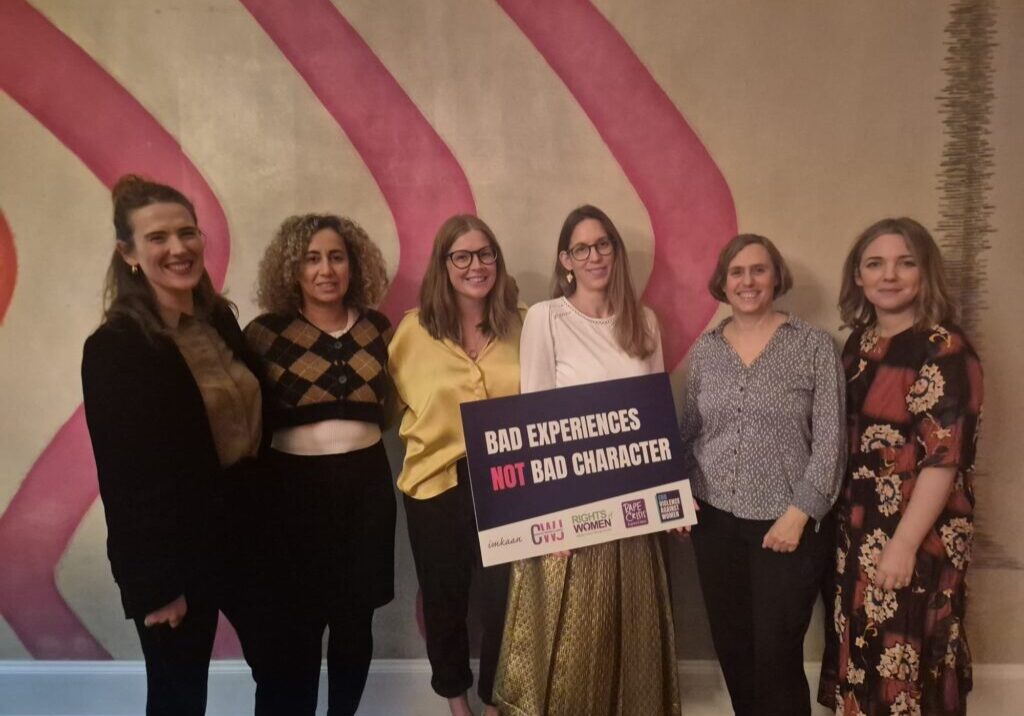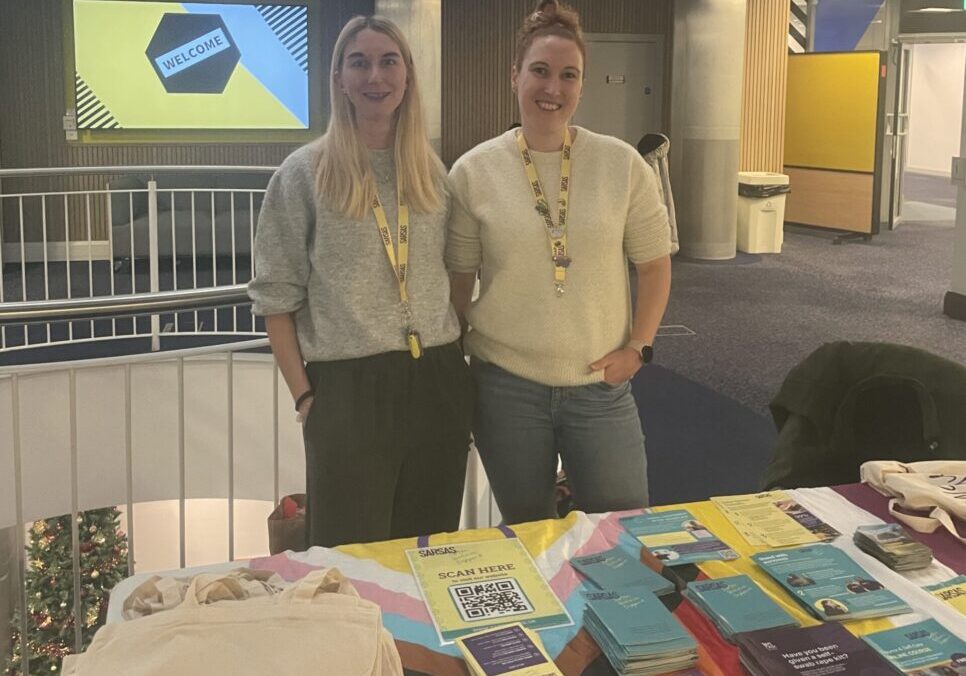
What is technology-facilitated abuse?
Technology-facilitated abuse covers a wide variety of actions and abusive behaviours. Online platforms can facilitate new forms of control an abuser could have over their victim such as monitoring online presences on social media, having control of accounts and access to emails.
Technology-facilitated abuse is defined as an act involving the usage of online platforms or technology in order to cause or is likely to cause physical or psychological harm, including any infringement on a person’s rights and freedoms1. It can happen anywhere online, from social media, online video games, streaming sites, to messaging forums and more2, Some people also may experience harassment to the point where it begins to impact their offline life and experience abuse in-person. 3 4
This form of abuse can affect anyone from any demographic, however, a disproportionate number of those affected are women and girls. The most common type of online abuse women and girls experience is sexual harassment and stalking.5
Technology-facilitated abuse can also happen without a person being aware of it, such as through spyware by monitoring behaviour on a digital device such as a laptop or phone, tracking people through a GPS locator on their phone, or even hidden cameras within personal spaces such as the victim’s home. 6
The significant rise in technology-facilitated abuse
300 million children in 2024 experienced some form technology-facilitated child sexual exploitation in their life7, additionally, women and girls as well as people from minority groups such as people of colour or people within the LGBTQIA+ community are significantly more likely to have experienced some form of technology-facilitated abuse or violence.8
- From the Office of National Statistics “Almost 1 in 10 (9.5%) children aged 13 to 15 years received a sexual message” within 20239; within that group of children, around 76.7% received them more than once.10
- A survey from the Victims Commissioner indicating that 40% of victims of technology-facilitated stalking had experienced their abuse for 2 or more years.11
- Women overall are more likely to experience technology-facilitated abuse12, within the UK in 2021 it was recorded than 1 in 3 (36%) had experienced technology-facilitated abuse, furthermore, one in six of these women had experienced their abuse from a current or ex-partner.13
- Refuge has seen a significant rise of 258% between 2018 and 2022 of technology-facilitated violence within their client’s cases14, the experiences are more than just statistics, they are showing how often online platforms are being used to cause significant harm to women and girls within modern day.15
The lasting impact of abuse experienced online
Some people may use coercion such as the threatening or releasing of another person’s intimate images of videos to humiliate or cause fear16. Victims who have had intimate content shared or abused are likely to experience significant amounts of harm and stress17, with many victims feeling that this abuse has influenced other aspects of their lives in person as well as online, such as within their workplace.18
Technology-facilitated abuse can be difficult for many to escape, and for some can last multiple years19. Even once the abusive behaviour stops, victims can still experience a significant and long-term impact from the abuse, particularly if intimate material has been shared without consent people can find it circulating online long after the original posts have been taken down20. Furthermore, some people who experienced technology-facilitated abuse within their childhood recalled significant impact in other areas of their life, such as future friendships and relationships and mental health difficulties.21
The benefits of online platforms
Talking about the harm that can come from technology-facilitated abuse may make the internet and online spaces appear entirely unsafe, when this is not the case. Some people have found positive experiences and social interactions with others using online platforms22 23. When online it can be a bit easier to find communities and people who have similar experiences or interests as yourself, this can give people comfort, seeing that other people genuinely understand your experiences can be very beneficial to mental health and feelings of isolation.24 25
Technology-facilitated therapy
Online spaces can be used to share helpful information such as support and self-help suggestions, additionally, online spaces can make some support services more accessible such as getting in contact remotely rather than visiting places in person. 26
Online resources can be a more short-term alternative to structured support while on a waitlist, however, virtual alternatives of structured support can also in some situations be just affective as face-to-face support27 28. Hosting support and therapy virtually can be more accessible and flexible to the needs of the patient.29
Specialist support organisations
If you or someone you know has been affected by technology-facilitated abuse, there are many ways you can access information and support. SARSAS is here to support anyone impacted by sexual violence, and you can get in contact with us here if you need help.
Here are some organisations that provide support if you have experienced sexual violence:
Here are some other organisations who have more information about technology-facilitated abuse:
- UNGA 79: Intensification of Efforts to Eliminate all Forms of Violence Against Women and Girls: Technology Facilitated Violence Against Women and Girls Report of the UN Secretary General (2024) | UN WOMEN ↩︎
- Online Abuse (2025)| Continuing Professional Development (CPD) Laura Allan ↩︎
- FAQs: Digital abuse, trolling, stalking, and other forms of technology-facilitated violence against women (2025) | UN WOMEN For Women and Girls ↩︎
- Online Abuse (2025)| Continuing Professional Development (CPD) Laura Allan ↩︎
- FAQs: Digital abuse, trolling, stalking, and other forms of technology-facilitated violence against women (2025) | UN WOMEN For Women and Girls ↩︎
- Online and Digital abuse – staying safe online (2023) | Women’s Aid ↩︎
- FAQs: Digital abuse, trolling, stalking, and other forms of technology-facilitated violence against women (2025) | UN WOMEN For Women and Girls ↩︎
- FAQs: Digital abuse, trolling, stalking, and other forms of technology-facilitated violence against women (2025) | UN WOMEN For Women and Girls ↩︎
- Bullying and online experiences among children in England and Wales: year ending March 2023 (2024) | Office for National Statistics ↩︎
- Bullying and online experiences among children in England and Wales: year ending March 2023 (2024) | Office for National Statistics ↩︎
- Impact of online abuse and harassment revealed in new research from the Victims’ Commissioner (2022) | Victims Commissioner ↩︎
- Impact of online abuse and harassment revealed in new research from the Victims’ Commissioner (2022) | Victims Commissioner ↩︎
- Refuge calls for tech-facilitated abuse to be a priority in government VAWG strategy (2024) | Refuge ↩︎
- Refuge calls for tech-facilitated abuse to be a priority in government VAWG strategy (2024) | Refuge ↩︎
- Refuge calls for tech-facilitated abuse to be a priority in government VAWG strategy (2024) | Refuge ↩︎
- Online and Digital abuse – staying safe online (2023) | Women’s Aid ↩︎
- Impact of online abuse and harassment revealed in new research from the Victims’ Commissioner (2022) | Victims Commissioner ↩︎
- Impact of online abuse and harassment revealed in new research from the Victims’ Commissioner (2022) | Victims Commissioner ↩︎
- Impact of online abuse and harassment revealed in new research from the Victims’ Commissioner (2022) | Victims Commissioner ↩︎
- Impact of online abuse and harassment revealed in new research from the Victims’ Commissioner (2022) | Victims Commissioner ↩︎
- Understanding the prolonged impact of online sexual abuse occurring in childhood (2023) | Felipa Schmidt, Filippo Varese and Sandra Bucci ↩︎
- Social Media and Mental Health: Benefits, Risks, and Opportunities for Research and Practice (2021) | John Nasulnd, Ameya Bondre, John Torous, and Kelly Aschbrenner ↩︎
- Looking after your mental health online – About your mental health online (2023) | Mind.org ↩︎
- Social Media and Mental Health: Benefits, Risks, and Opportunities for Research and Practice (2021) | John Nasulnd, Ameya Bondre, John Torous, and Kelly Aschbrenner ↩︎
- Looking after your mental health online – About your mental health online (2023) | Mind.org ↩︎
- Social Media and Mental Health: Benefits, Risks, and Opportunities for Research and Practice (2021) | John Nasulnd, Ameya Bondre, John Torous, and Kelly Aschbrenner ↩︎
- Social Media and Mental Health: Benefits, Risks, and Opportunities for Research and Practice (2021) | John Nasulnd, Ameya Bondre, John Torous, and Kelly Aschbrenner ↩︎
- Advantages and limitations of Internet-based interventions for common mental disorders (2014) | Gerhard Andersson and Nickolai Titov ↩︎
- Advantages and limitations of Internet-based interventions for common mental disorders (2014) | Gerhard Andersson and Nickolai Titov ↩︎





